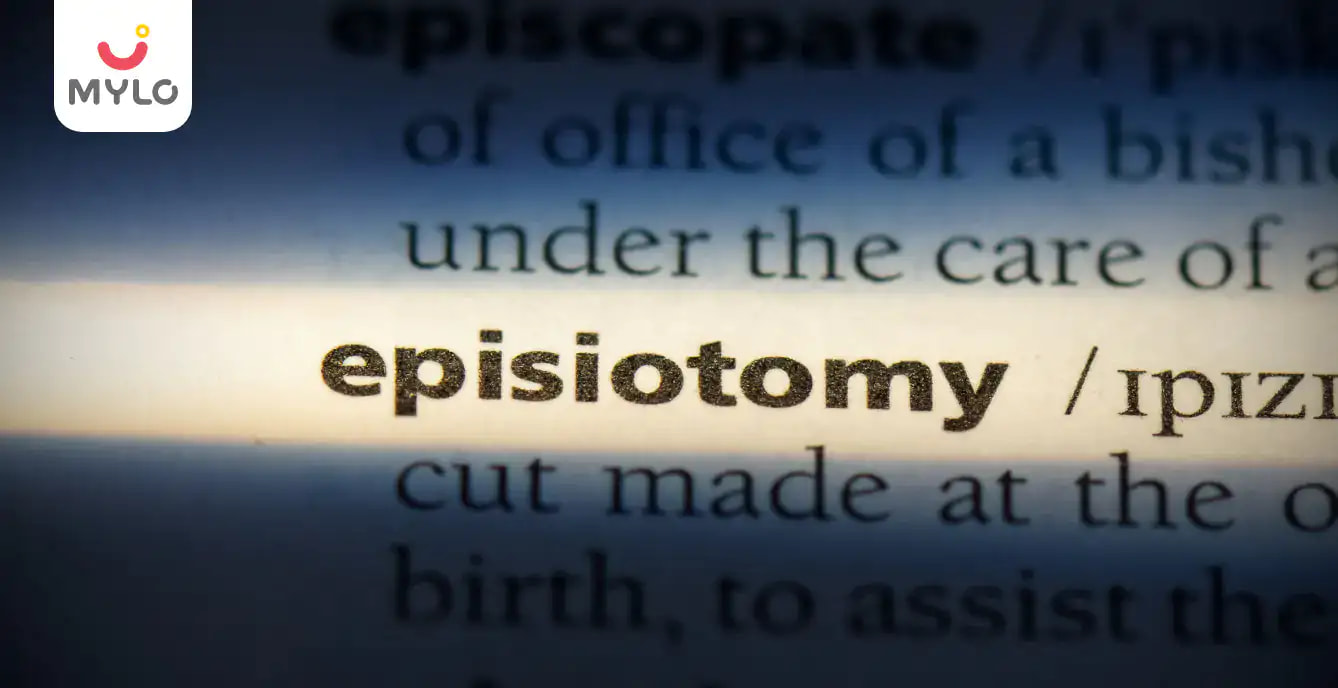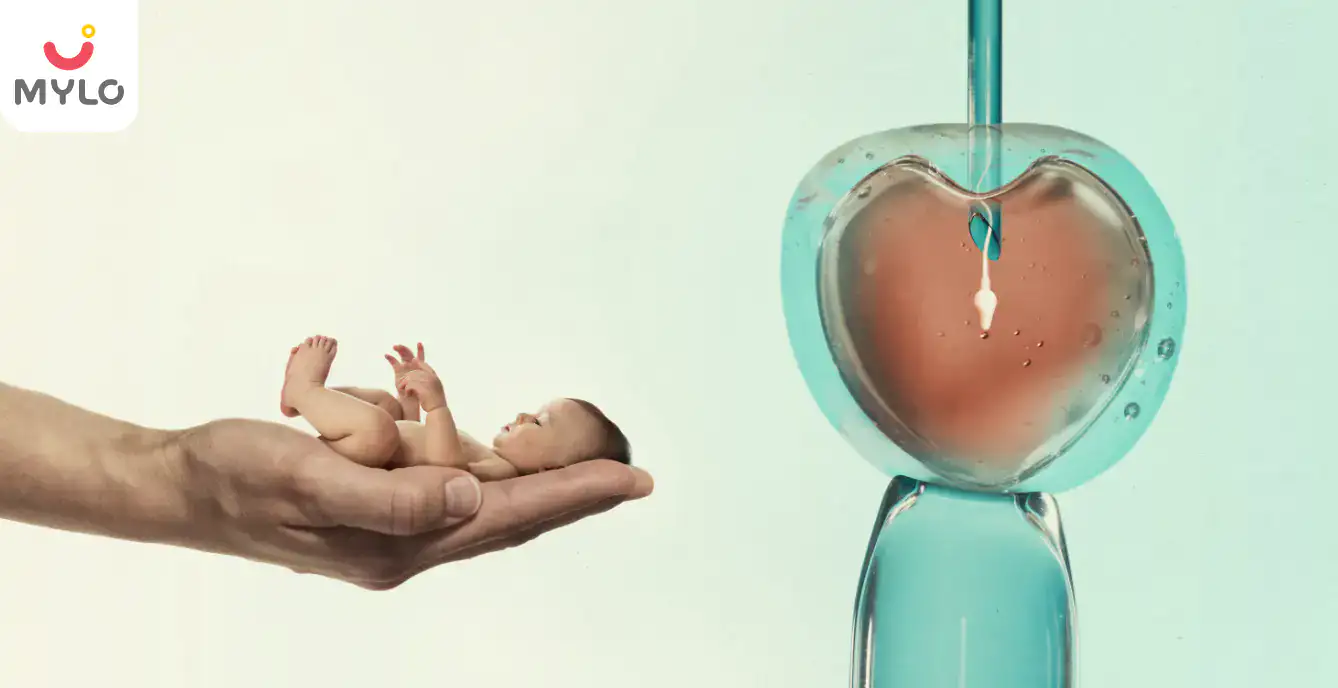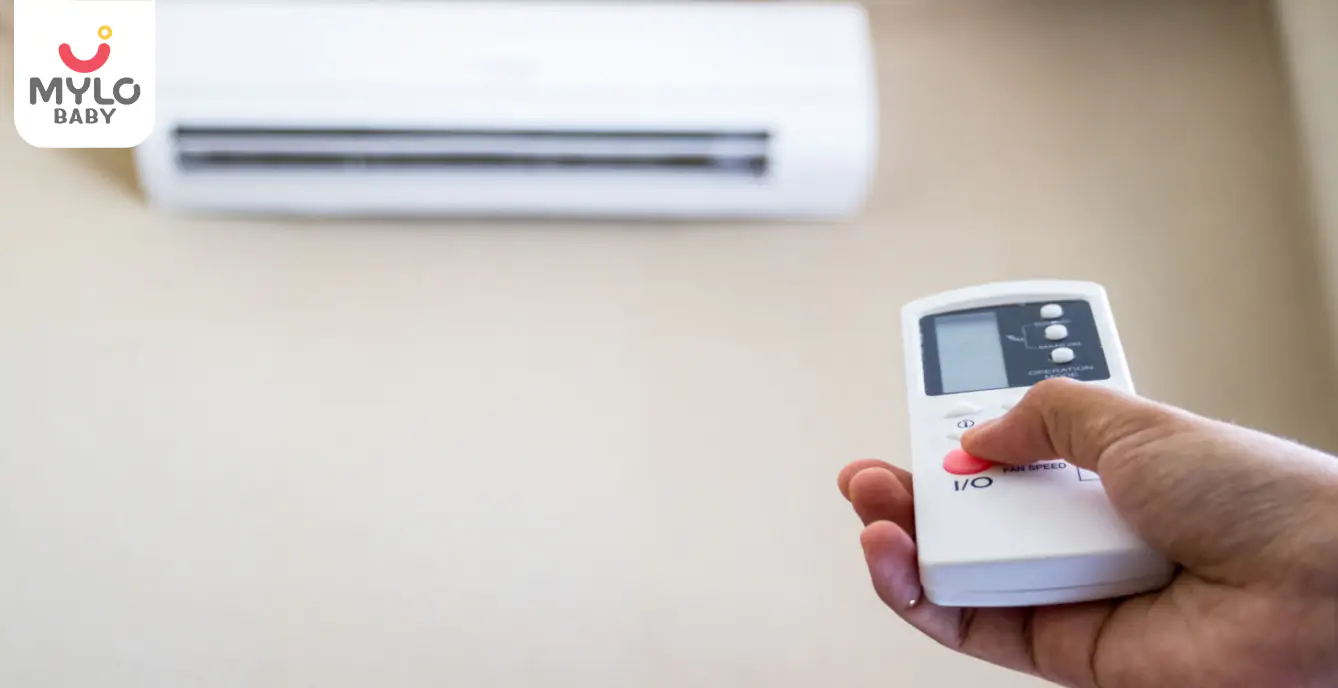Home

Episiotomy Care: Meaning, Reasons & Risks
In this Article

Pregnancy
Episiotomy Care: Meaning, Reasons & Risks
Updated on 24 January 2023



Medically Reviewed by
Kusum Sabharwal
Obstetrician & Gynecologist - MBBS| DGO
View Profile

Episiotomy was first developed in the 18th Century Europe is one of the most common surgical procedures performed on women. The procedure is done to ease the baby’s birth when the mother is having difficulty getting the baby out. In this article, we will discuss what is an episiotomy, what to expect and everything you need to know about episiotomy care.
What is an Episiotomy?
An episiotomy is a surgical procedure which involves a cut being made in the area between the vagina and the anus (the perineum) to enlarge the opening prior to the birth of the baby. The episiotomy makes the vaginal opening wider, thereby allowing the baby to come through easier. After delivering the baby and placenta, the doctor will stitch the incision closed.
There are two distinct types of incisions which can be made:
Median or midline incision : The midline incision is made vertically and is considered easier to repair but has a risk of being extended to the anal area.
Mediolateral incision : This type of incision is made at an angle and offers the best protection from extending to the anal area. However, it can be more painful and difficult to repair.
Reasons for an Episiotomy
An episiotomy is required only in cases when there is a risk involved to the mother or the baby. These conditions require a quick birth and as a result, the doctor widens the vaginal opening to make the birth quicker and easier. Conditions such as breech position, fetal distress or existing maternal health conditions may necessitate an episiotomy.
Why you might need an episiotomy?
An episiotomy may be required in the following cases:
-
When your baby’s shoulder is stuck behind your pelvic region (dystocia)
-
When you require an operational delivery (using vacuum extraction or forceps)
-
When your baby shows any abnormal heart rate pattern (fetal distress)
-
When your baby is in a breech position (baby’s feet or bottom coming out first)
-
When you are unable to slow down or stop pushing
-
When you have been in labor for several hours and are now tired of relentless pushing
-
When you have a serious health condition that requires the labor to be as fast as possible to reduce further health risks
Recovering from an episiotomy
Recovery can be an uncomfortable process as the incision can be more extensive than a normal tear. Episiotomy incisions are usually repaired within an hour of the birth. The cut may bleed a lot initially but this should stop with pressure and stitches. The stitches should heal within the first month of the birth.
What to expect?
You should expect a healing process without any problems, although it may take a few weeks. The stitches don’t require removal as your body will absorb them. You can resume normal activities when you feel ready such as house cleaning or light office work. You should wait for 6 weeks before you use tampons, have intercourse or do any other activity that may break the stitches.
Episiotomy Care and Healing
Here are a few episiotomy care tips to help relieve pain and accelerate your healing process:
-
Apply ice packs right after birth and continue for the first 24 hours to reduce swelling and relieve the pain.
-
Take pain-relieving medicines like paracetamol or ibuprofen (after consulting your doctor) to reduce the pain.
-
Take warm baths after 24 hours of giving birth and don’t forget to disinfect the bathtub before every bath.
-
You can also try sitz baths after 24 hours of birth, which is sitting in water that covers your vulvar region.
-
Make sure to change your pads every 2-4 hours.
-
Ensure the area around the stitches is clean and dry after you bathe.
-
You can spray warm water over the area after you urinate or have a bowel movement and pat dry with a clean towel or baby wipes. Avoid using toilet paper.
-
Take stool softeners (after consulting your doctor), drink lots of water and eat lots of fiber to prevent constipation.
Episiotomy Risks
A midline episiotomy can also put you at risk of vaginal tearing which extends to the anal sphincter and into the membrane which lines the rectum.
For some women, there can be an occurrence of pain while having sex after childbirth.
Episiotomy can also lead to infection in cases of improper episiotomy care. Additionally, episiotomy carries the risk of bleeding and perineal hematoma.
In case you develop a fever or have a pus-like discharge, contact your doctor as there could be signs of infection.
Proper episiotomy care and following the necessary precautions will ensure that you recover in time.





Medically Reviewed by
Kusum Sabharwal
Obstetrician & Gynecologist - MBBS| DGO
View Profile


Written by
Ravish Goyal
Official account of Mylo Editor
Read MoreGet baby's diet chart, and growth tips

Related Articles
Related Questions
Influenza and boostrix injection kisiko laga hai kya 8 month pregnancy me and q lagta hai ye plz reply me

Hai.... My last period was in feb 24. I tested in 40 th day morning 3:30 .. That is faint line .. I conculed mylo thz app also.... And I asked tha dr wait for 3 to 5 days ... Im also waiting ... Then I test today 4:15 test is sooooo faint ... And I feel in ma body no pregnancy symptoms. What can I do .

Baby kicks KB Marta hai Plz tell mi

PCOD kya hota hai

How to detect pcos

Related Topics
RECENTLY PUBLISHED ARTICLES
our most recent articles

In Vitro Fertilization (IVF)
7 Most Popular IVF Myths Busted
Sex Life
Is It Safe to Have Sex During Pregnancy and After Delivery?

Emotions & Behaviour
How to Teach Your Toddler Not to Hit?

Vitamins & Supplements
An Expecting Mother's Guide to Vitamins & Supplements in Pregnancy

Use of Air Conditioners & Coolers for Newborns
Illnesses & Infections
Neonatal Jaundice: Causes, Symptoms & Treatment
- Depression During Pregnancy: Causes, Risks & Treatment
- Discover the 10 Best Shows on Netflix in 2023!
- Eating Spicy Food During Pregnancy: Is it Safe or Not?
- 7 Tips to Help Your Toddler Transition From Potty to Toilet
- Embryo Freezing: Purpose & Outcome
- Exercises to Help Strengthen Weakened Pelvic Floor Muscles
- How Moms are Approaching 2023 - Mylo's Survey This Year End
- Second Trimester of Pregnancy
- Third Trimester of Pregnancy
- Mylo Care Stretch Marks Cream Review
- How to Cure Breathlessness in Pregnancy Using 8 Natural Ways?
- Top 10 ways in which coconut water can help during pregnancy
- 7 Signs of Labor: Know What to Expect
- Points to Remember While Choosing Toys for Your Baby


AWARDS AND RECOGNITION

Mylo wins Forbes D2C Disruptor award

Mylo wins The Economic Times Promising Brands 2022
AS SEEN IN

- Mylo Care: Effective and science-backed personal care and wellness solutions for a joyful you.
- Mylo Baby: Science-backed, gentle and effective personal care & hygiene range for your little one.
- Mylo Community: Trusted and empathetic community of 10mn+ parents and experts.
Product Categories
baby carrier | baby soap | baby wipes | stretch marks cream | baby cream | baby shampoo | baby massage oil | baby hair oil | stretch marks oil | baby body wash | baby powder | baby lotion | diaper rash cream | newborn diapers | teether | baby kajal | baby diapers | cloth diapers |








